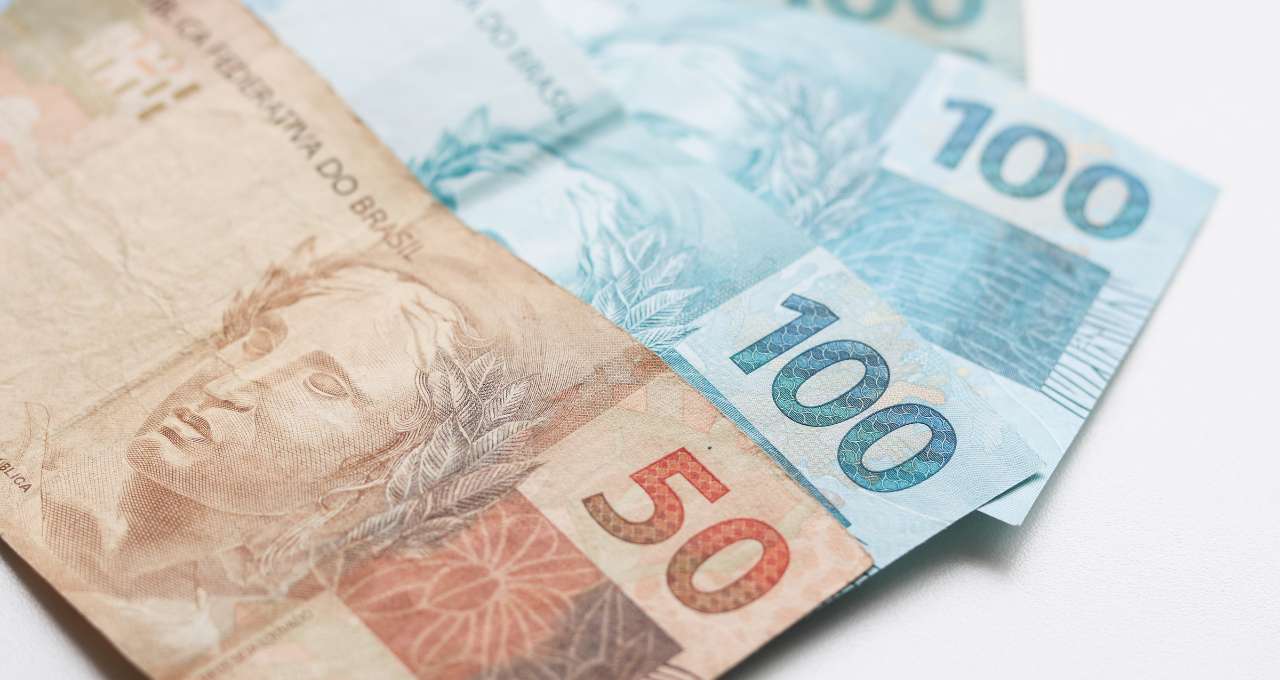
The product in question is a CRI with the first series of issues at R$3 million. (Image: Getty Images)
The crowdfunding market in Brazil is still small compared to the size of the United States, but it is growing very quickly. In the first half of 2024, according to data from the Brazilian Securities and Exchange Commission (CVM), R$446 million was issued by crowdfunding platforms, compared to less than R$58 million in the same period in 2023.
With this growing demand from investors, the crowdfunding platform PeerBR has launched a Real Estate Receivables Certificate (CRI) of R$ 9 million, with profitability of CDI + 6.5% per year and minimum investment of R$5,000.
The first series of the issue will be worth R$3 million, and the remaining ones will be made available as the project progresses. The initial objective of the issue is to pay off the acquisition of land for a development.
- Ibovespa at 155,000 points? BTG Pactual sees a trigger that could “change the game” for the Brazilian stock market by the end of the year; find out more
The CRI is linked to the Porto Cavalli Project, a high-end project focused on breeding and training show jumping horses, near the city of São Paulo, which was valued at R$14.5 million. The official launch took place in August.
“The Porto Cavalli CRI represents very well the thesis we are developing of investing in unique assets that are often overlooked by banks and other financial agents. The market does not usually look at real estate development projects in rural areas, much less when they involve launching for a niche audience,” explains Victor Moura, Real Estate Director at GCB Investimentos, the company that structured the asset.
Interest payments, according to a note sent by the platform, will be semi-annual and amortizations begin from the 25th month and occur in 12 installments until full payment in the 36th month.
According to the company responsible, the asset has collateral worth 160% more than the value of the credit. These collaterals include the company's land, the project's shares (participations), the money that the project will generate in the future and the owners' commitment to pay if necessary.
“To further protect the project's assets, sales receivables must be directed to an escrow account, therefore without the debtor's power to move them, and we will have monthly monitoring of the work with controlled credit releases, thus creating a more robust 'project finance'”, adds Moura.
